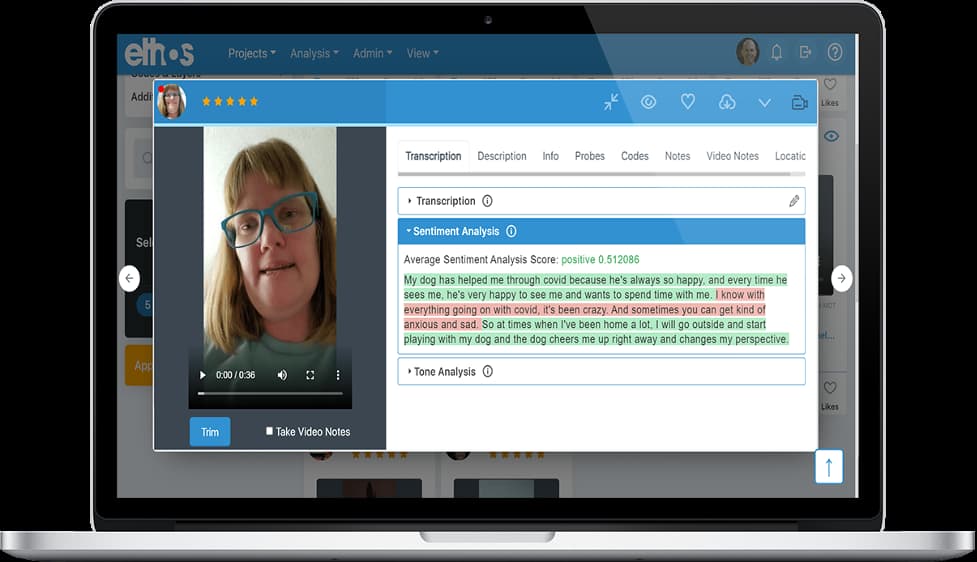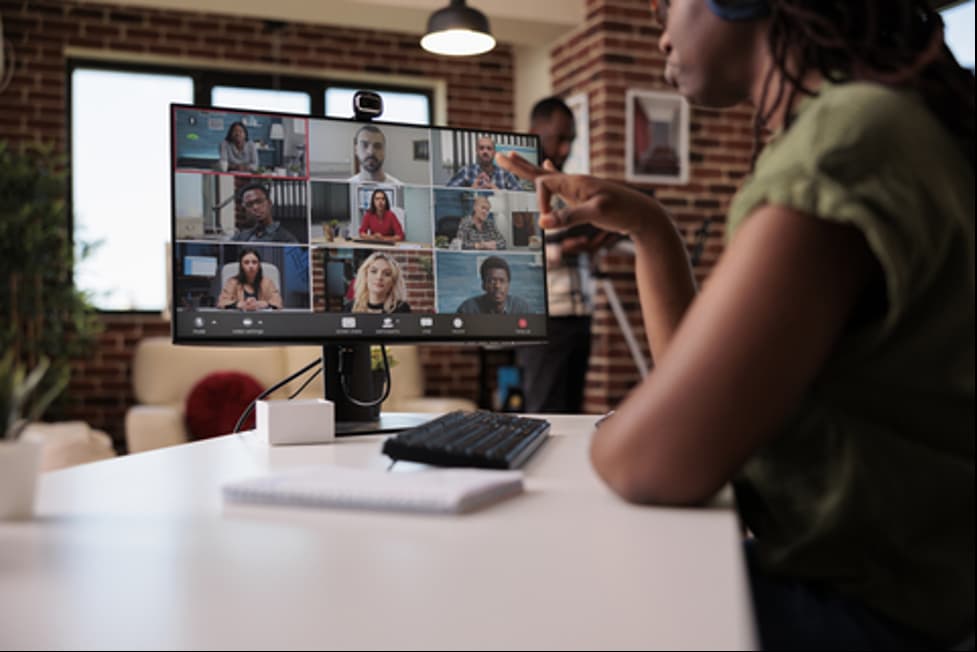Introduction
What if I told you there’s a way to get a head start on becoming acquainted with respondents? A method for researchers and participants to get to know each other – and trust each other – before the formal research process begins? To see beyond what a respondent might reveal about themselves in a 60-minute session?
I’m here to tell you there is a way. In the rest of this blog post, I’ll explain how you can leverage mobile pre-tasking tools to gain valuable context and backstory from your participants before focus groups and IDIs, so you can build rapport and enrich your discussions.
Building trust and rapport is critical but eats up valuable time
Successful primary research needs candid and forthcoming respondents, which in turn requires a level of trust between respondents and researchers. Quantitative research achieves this with well-crafted, time-efficient surveys fronted by transparent invitations and introductions. They assure participants by telling them their personal information is protected, their time is appreciated, and their feedback will be used responsibly.
Establishing trust and building rapport is arguably more crucial in qualitative research, as people tend to open up more when they are at ease and feel they can trust the person they are talking with. Traditional in-person focus groups and in-depth interviews (IDIs) are carefully designed to help respondents feel physically and emotionally comfortable. Moderators deploy various techniques to get acquainted quickly and establish a comfort zone where respondents will share freely and participate fully in the research process. Whether recruited for individual or group interviews, respondents will have been screened and qualified using relevant criteria. Upon arrival, each participant needs to be engaged and “brought into the room” (the conversational space where the research happens).
Time is of the essence, and a skilled moderator will set the stage in short order: ensuring everyone is engaged, establishing a balance that encourages more reserved members to speak up, and reminds more talkative ones to give others a chance to comment. This early part of the qualitative process can look effortless, but much is happening behind the scenes. The moderator is often actively scanning the room and reception area as respondents arrive for clues and cues that will help her forge a quick connection with each individual. The goal is to create a congenial atmosphere where conversation flows easily, and everyone feels comfortable sharing.
The moderators’ job becomes more challenging when conducting online focus groups and IDIs as the researcher loses the ability to observe participants as they arrive. Building rapport quickly can be tough when limited to a 30-60 minute video session.
Stepping out of the research facility to conduct contextual interviews in respondents’ homes and retail locations comes with its own challenges. The physical environment is less controllable–think noise, lighting, and other people. Even though respondents have invited the researcher to their “territory,” they may find the whole setup more intrusive than expected. As a result, participants may feel more reticent than they anticipated. Still, the moderator must put everyone at ease and ready to share without delay.
There’s no way to know what questions to ask until some answers are revealed
How many times has a respondent dropped a casual remark late in an interview or focus group discussion that instantly brought into focus other things they or others had mentioned? They likely considered it a random detail hardly worth mentioning, but for the research team, it was gold. Maybe there was time to probe for more detail, but often the researcher is left wishing they had more time or context.
For every moderator who wished they had a magic portal that could offer a preview of respondents’ lives ahead of interviews or focus groups, a chance to see their situations firsthand, I have a solution for you: mobile pre-tasking.
Pre-tasking: a head start for respondents and researchers
Whether your main sessions will be in person or online, a mobile qualitative platform like EthOS offers the ability to start interacting with respondents in advance.

Participants can respond to task requests at their convenience via a qualitative research app installed on their smartphones (with assigned due dates). Tasks can be video, picture, or text-based. The research team can build a set of tasks to launch all at once, at scheduled intervals, or sequentially as each one is completed. Optional push notifications can alert respondents when tasks are activated.
The research team can moderate in-the-moment and use a dashboard to track activity and task completion. Automated transcription and keyword tools make it easy and efficient to absorb and synthesize the input. Both researchers and respondents can embed images and videos in addition to chatting in real-time or asynchronously.
For the respondent, the opportunity to connect one-on-one with the person who will be interviewing them, or leading the group discussion later, is a chance to relate on a personal level. In this private context, the respondent may feel more comfortable asking questions about the research or sharing contextual information they would not necessarily bring up in a group setting. It also helps them feel invested in the research process and a successful outcome.
For the moderator, pre-tasking provides a vivid look at the respondent’s “real life,” the backstory to the information they’ll share in the interview or focus group. Details will emerge that might be important and illuminating later on, which the research team would not have known to ask about without the preview exercise.
Because it’s mobile-based, researchers don’t have to rely solely on respondents’ descriptions of their activities and experiences. We can tag along with them as they purchase or use the product or service in their everyday lives.
Ultimately, mobile pre-tasking turbo charges focus groups and IDIs by establishing trust and providing context and background data that helps enrich discussions.

